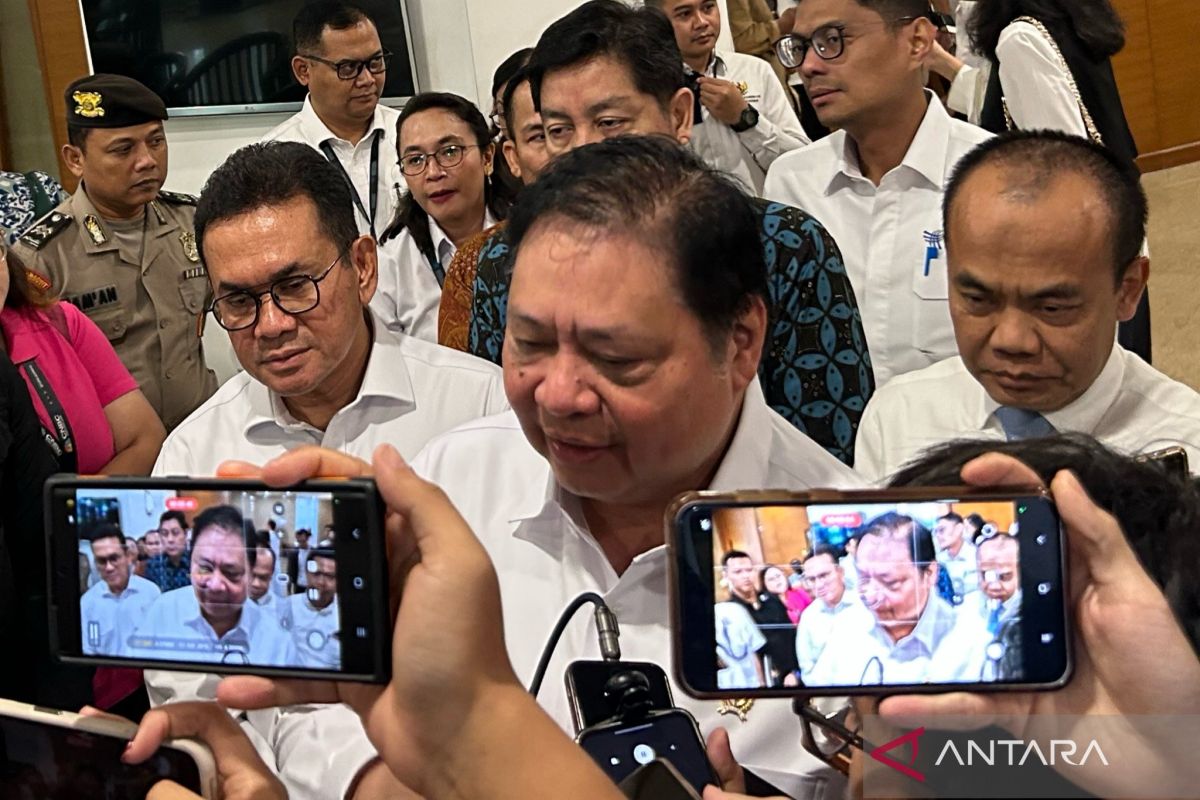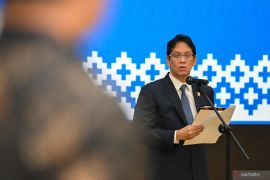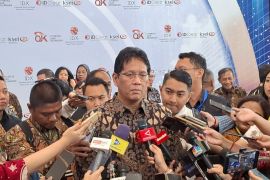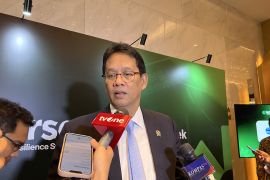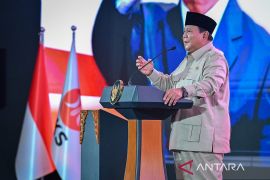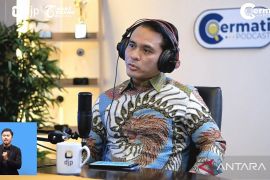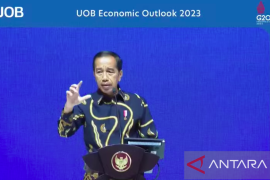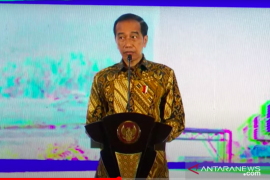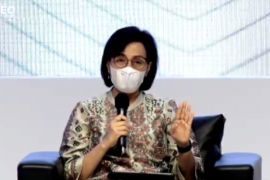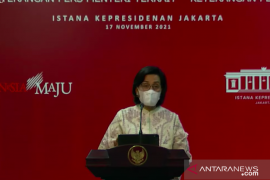He informed that the deregulation is aimed at simplifying licensing for 482 types of goods belonging to the 10 commodity groups. Meanwhile, for import duty rates, the old rules will still apply.
“Regarding state revenue, we mostly handle bureaucratic licensing issues. We did not announce changes to import duty rates, so there is no impact on state revenue,” Hartarto said here on Monday.
The deregulation of import policies is the first stage of efforts to address trade competition at the global level, which have been initiated at President Prabowo Subianto’s behest.
The deregulation is also in line with negotiations with the United States and the Indonesia-European Union Comprehensive Economic Partnership Agreement (IEU-CEPA), he informed.
“So, all of that is in line. Therefore, this momentum is carried out to implement a deregulation policy, but this deregulation is only the first package. There are still several other things that we will do,” he said.
The deregulation policy revises the Regulation of the Minister of Trade Number 8 of 2025 concerning import policies and regulations, which will later be issued as Regulation of the Minister of Trade Number 16 of 2025.
The 10 commodity groups for which import rules have been eased are forestry products; subsidized fertilizers; plastic raw materials; other fuels; saccharin, cyclamate, odor preparations containing alcohol; certain chemicals; pearls; food trays; footwear; and two- and three-wheeled bicycles.
Related news: Indonesia relaxes import rules for 10 commodities, including footwear
Translator: Maria Cicilia Galuh Prayudhia, Yashinta Difa
Editor: Primayanti
Copyright © ANTARA 2025
